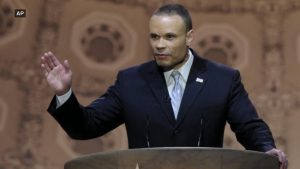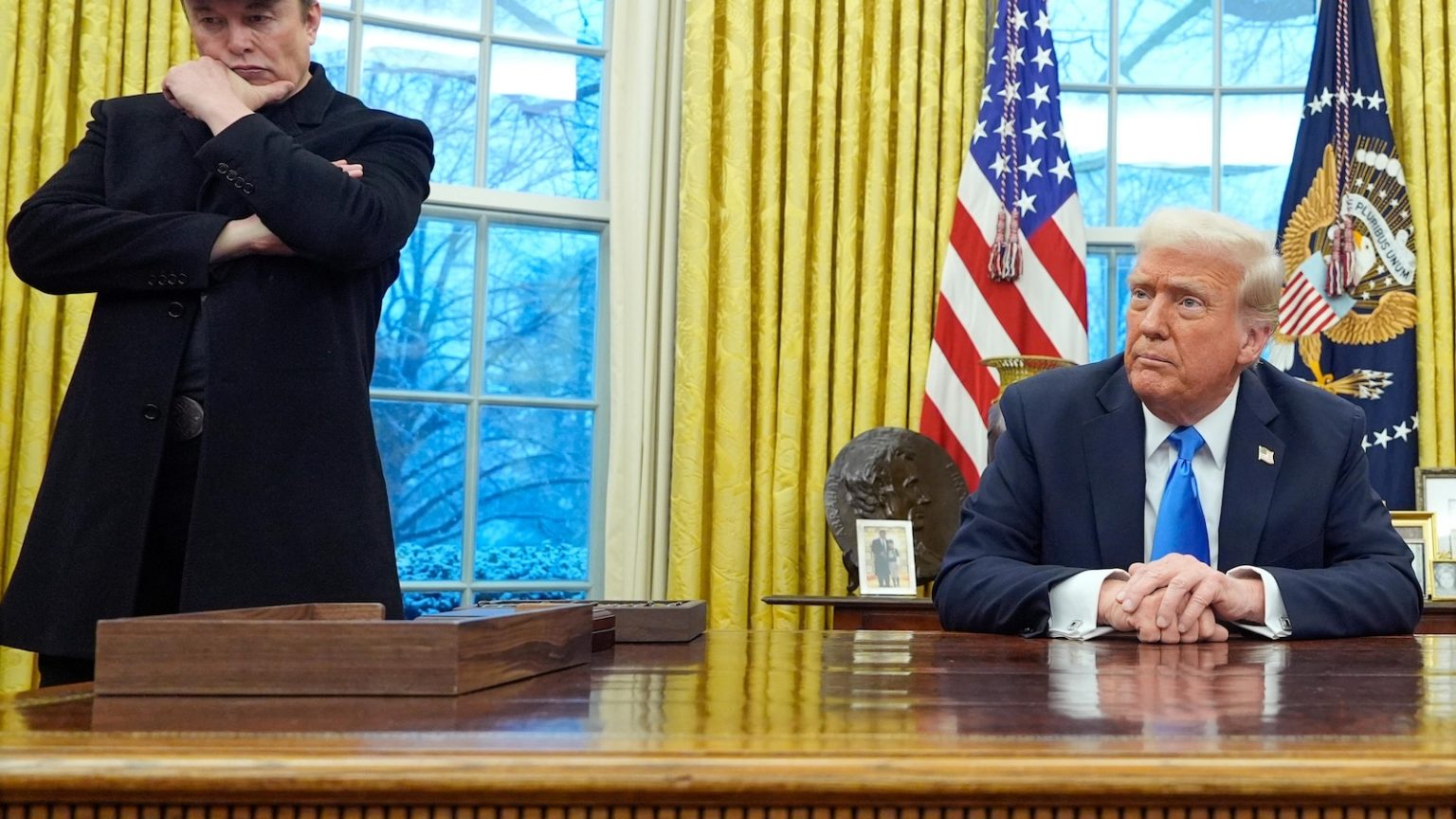A Brazen Attack on Press Freedom: The White House vs. AP
In a move that sent shockwaves through the journalism community, the White House barred an Associated Press (AP) reporter from covering an event in the Oval Office on Tuesday. The unprecedented action came after the Trump administration demanded that the AP alter its editorial style regarding the Gulf of Mexico, which President Donald Trump has decreed should be renamed the "Gulf of America." The AP reporter, whose name was not disclosed, was turned away from the event, and later, a second AP journalist was denied access to a gathering in the Diplomatic Reception Room. This blatant attempt to control the narrative raises serious concerns about press freedom and the First Amendment.
The Trump administration’s decision to block AP reporters is part of a broader pattern of hostility toward the media. For years, Trump has had a contentious relationship with journalists, frequently labeling them "fake news" and "the enemy of the people." However, this latest move takes the adversarial dynamic to a new level. By conditioning press access on the AP’s willingness to comply with its preferred terminology, the White House is essentially punishing the news agency for practicing independent journalism. Julie Pace, AP’s senior vice president and executive editor, condemned the move, calling it "alarming" and a direct violation of the First Amendment. She emphasized that such actions not only restrict the public’s access to unbiased news but also set a dangerous precedent for press freedom in the United States.
The Gulf of Mexico vs. the Gulf of America: A Battle Over Language
At the heart of this controversy is President Trump’s executive order to rename the Gulf of Mexico, a body of water that has been known by its current name for over 400 years. The Gulf is shared by the United States and Mexico, and the name change has been met with skepticism and criticism from various quarters. While Trump’s administration has not provided a clear rationale for the change, it appears to be part of a larger effort to assert American influence and redefine the country’s geographical identity. However, the AP has refused to adopt the new terminology, arguing that its role as a global news agency requires it to use names that are universally recognized and understood by all audiences.
The AP Stylebook, which is widely used by journalists and writers worldwide, plays a crucial role in maintaining consistency and clarity in reporting. By refusing to comply with the White House’s demand, the AP is upholding its commitment to journalistic integrity and independence. The agency has made it clear that it will continue to refer to the Gulf of Mexico as such, while acknowledging Trump’s decision to rename it. This balanced approach reflects the AP’s dedication to accuracy and fairness, values that are essential to the functioning of a free press.
Broader Implications for Journalism and Democracy
The White House’s decision to bar AP reporters has sparked widespread outrage among journalism advocacy groups and media organizations. Tim Richardson, program director of journalism and misinformation for PEN America, described the move as an affront to the First Amendment, which explicitly protects the freedom of the press from government interference. Richardson argued that such actions undermine the public’s right to know and erode trust in democratic institutions. The White House Correspondents Association (WHCA) also weighed in, calling the administration’s actions "unacceptable" and urging it to reverse course. WHCA President Eugene Daniels emphasized that the White House cannot dictate how news organizations report the news or punish journalists for editorial decisions made by their organizations.
The Trump administration’s actions are not isolated incidents but part of a larger pattern of authoritarian behavior that has defined its relationship with the media. From ejecting news organizations from federal facilities to attempting to influence how journalists report on certain topics, the administration has consistently sought to control the narrative and suppress dissenting voices. These actions have serious implications for democracy, as a free and independent press is essential to holding those in power accountable and ensuring transparency in government.
The Role of Technology in Shaping Geographical Narratives
As the White House continues its push to rename the Gulf of Mexico, tech giants like Google and Apple have found themselves drawn into the controversy. Google Maps has begun using the term "Gulf of America," citing a "longstanding practice" of following the U.S. government’s lead on geographical names. Apple Maps, on the other hand, initially resisted the change but eventually followed suit, updating its maps to reflect the new name in some browsers. This shift highlights the complex interplay between government policy, corporate practices, and public perception in shaping how we understand and interact with the world around us.
The role of technology in this debate raises important questions about the power of platforms like Google and Apple to influence geographical narratives. While these companies may argue that they are simply following official guidelines, their decisions have far-reaching consequences that can shape public discourse and cultural identity. The AP’s commitment to using universally recognized names underscores the importance of maintaining consistency and accuracy in reporting, particularly in an era where technology plays an increasingly dominant role in shaping our understanding of the world.
Historical Context: A Pattern of Renaming and Rebranding
The controversy over the Gulf of Mexico is not the first time the Trump administration has sought to alter geographical names for political or ideological reasons. In a similar move, Trump recently decreed that Mount McKinley in Alaska, which was renamed Denali by President Barack Obama in 2015, should revert to its previous name. The move was widely seen as an attempt to erase Obama’s legacy and reassert Trump’s influence over the nation’s geographical identity. While the AP has agreed to use the official name change in this case, citing the mountain’s location within the United States and Trump’s authority to alter federal geographical names, the move has been met with resistance from Indigenous communities and environmental groups who argue that Denali is the mountain’s rightful name.
These renaming efforts reflect a broader pattern of behavior by the Trump administration, which has frequently sought to rewrite history and reshape cultural narratives to align with its ideological agenda. From challenging established scientific facts to promoting a revisionist view of American history, the administration has consistently sought to control the narrative and suppress dissenting voices. While such actions may resonate with Trump’s base, they have serious implications for the integrity of democratic institutions and the free flow of information in a democratic society.
The Ongoing Battle for Press Freedom and Truth
The White House’s decision to bar AP reporters from covering official events is a troubling reminder of the ongoing challenges faced by journalists in the United States. At a time when misinformation and disinformation are rampant, the role of a free and independent press is more important than ever. Journalists like those at the AP play a vital role in holding those in power accountable and ensuring that the public has access to accurate and unbiased information.
As the Trump administration continues its efforts to control the narrative and suppress dissent, the AP and other news organizations must remain steadfast in their commitment to journalistic integrity. The battle for press freedom is not just about protecting the rights of journalists; it is about safeguarding the public’s right to know and ensuring that democracy can function as intended. In the face of unprecedented challenges, the resilience and determination of journalists will be crucial in preserving the principles of truth, transparency, and accountability that are at the heart of a free and functioning democracy.















